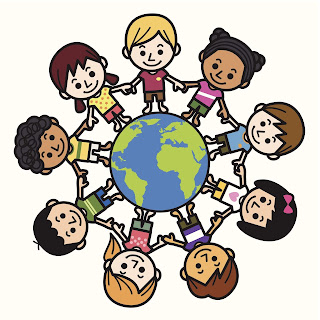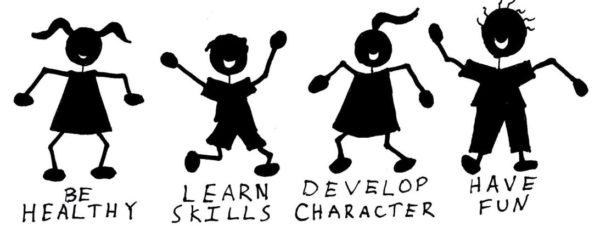Youth Development Guide Introduction
Dr. Victoria Restler
YDEV: 352/3
1 September 2020
Youth Development Guide: Engaging young people in after-school programming
What I already knew:
Public schools became over crowded which resulted in teachers not giving students the proper individual attention they needed. In addition, children began to engage in negative behavior such as violence, drug and alcohol use, dropping out, and teen pregnancies.
I heard of the Deficit Approach in some of my other education courses. It was interesting to see that their programs failed because they did not address young children's basic developmental needs. For example, the article discussed the Summer Training and Education Program. This program provided additional help in academic, life, and work skills to students who come from low income families. This seems like a great program but how come it did not work? Studies showed that students who gained in reading and math did not continue once graduated from the program.
How this article affirmed my knowledge on the topic
I now understand why the deficit based programs did not work out. They failed because instead of focusing on a students basic needs, they focused only on the behavior they wanted to change. As a current educator, I believe it's important to understand that you need to gain trust in a child first instead of trying to change who they are.
Why did this approach divide students into two groups? The two groups were those exhibiting problems or at high risk of problems, and then everyone else. The program should have ensured these young children living in a high risk environment additional support.
What I learned about the history and practice of youth development
Instead of focusing on the risks surrounding young people and the behaviors they showcased, researchers began a focal point on what was helping these students to succeed in the future.
I also learned about resiliency research and the affects it had on people who succeeded throughout their life. Three critical elements were crucial to how they succeeded. They included caring relationships, high, clear, and fair expectations, and opportunities for participation and contribution. This approach is now helping young people succeed in whatever they choose to do. It is also giving better support systems for these students not only in school but at home and within their communities.
The quote, "we should focus on helping to ensure that the kinds of opportunities and supports that are more widely available to young people in middle class communities are in place in all communities," stood out to me. This is because I strongly believe that every student should have the same access to opportunities and resources no matter what economic "class" they are in.
What I want to know more about:
I would like to know if there is any current research on children in after school programs
What current after school programs are in place that focus on helping students who are at higher risk?





I agree with the quote "we should focus on helping to ensure that the kinds of opportunities and supports that are more widely available to young people in middle class communities are in place in all communities". It shouldn't matter what class a student is from. Regardless of the class all students should have access to the same support, resources and opportunities as a student in a higher class. I am also curious on whether or not there is any current research on children in after school programs and if so what approaches are they using?
ReplyDeleteThanks for your post Alyssa! In regards to your questions, there is lots of amazing research on current out of school programs. As we will see later in the semester, different schools of thought have emerged since this article was published--especially Civic and Social Justice Youth Development--these approaches to YDEV build on resiliency and engage youth in organizing and changing systems that harm our communities. What kinds of questions are you interested in exploring through research?
ReplyDeleteHi Alyssa!
ReplyDeleteGreat job, you were quite thorough with your post. All of our youth across the board should have equal and fair chances at educational and general success. I think there are a few after school programs that seem to do a decent job at championing their youths towards success. Many "high risk" youth come from lower income communities. One organization that I remember learning about last semester is New Urban Arts out of providence, and they run their programs with hands on mentorship work. Youth can feel supported and cared for through the connection with mentors while working with them on various art related projects.
-Edwin D.